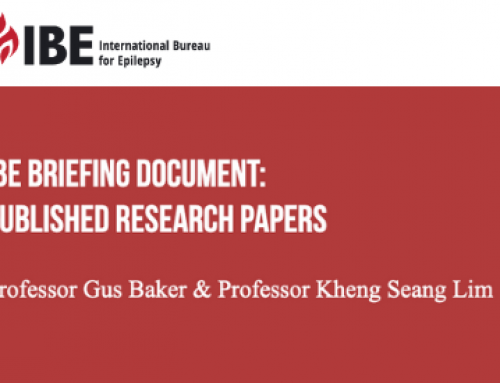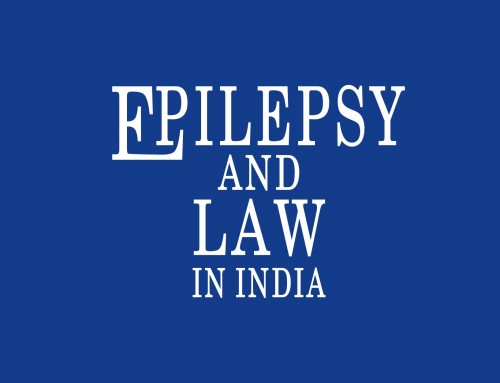An interactive toolkit and policy paper, focusing on improving the management of prolonged convulsive seizures for children in schools, were published in October 2017 by a multidisciplinary expert group consisting of clinical, patient and educational experts. The IBE was part of this expert group.
Unlike most other seizures, prolonged convulsive seizures do not stop on their own and require emergency medication to prevent progression to a potentially life-threatening situation. This medication has to be given by a trained caregiver as quickly as possible as children are usually unconscious during these seizures. At school, this caregiver would typically be a teacher or other member of staff. However, many schools do not have appropriate policies and procedures in place to ensure that children can receive their medication safely and quickly. As a result, children are rushed to hospital, and potential delays in getting their medication may lead to severe health risks. As with many children with epilepsy, lack of understanding of their needs at school may lead to discrimination and social exclusion by their peers.
The particular needs of this vulnerable group of children with epilepsy have so far received little attention by policymakers – and the policy paper and toolkit were developed to fill this gap. The toolkit provides a practical resource to advocate for better social inclusion, awareness, individualised healthcare plans, national guidance and school policies – all to help ensure that this group of children can receive their emergency medication safely and in a timely manner while at school. Although this toolkit is aimed at parents, it may also be used by patient organisations in their advocacy efforts.
The project was initiated and funded by Shire. The expert group had full editorial control over the content.




